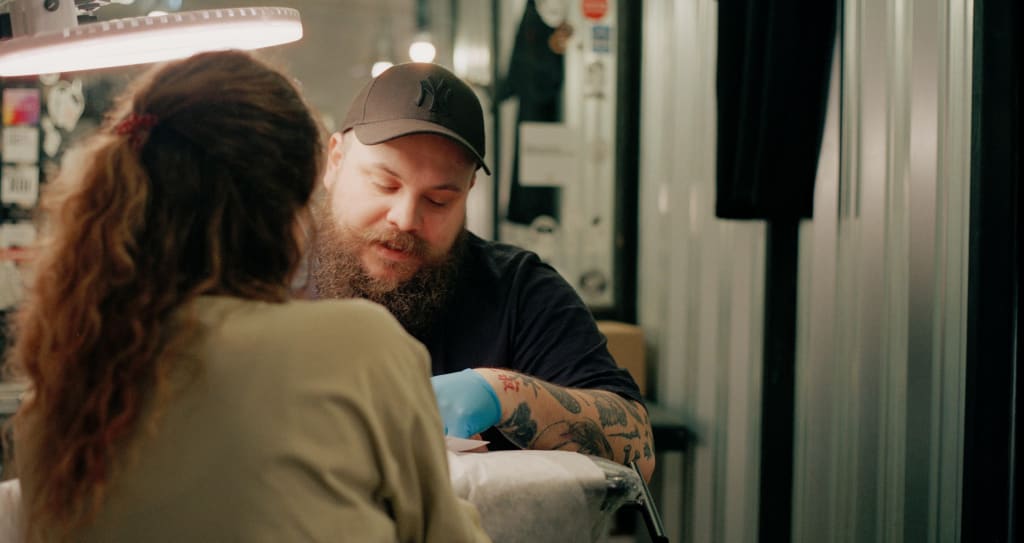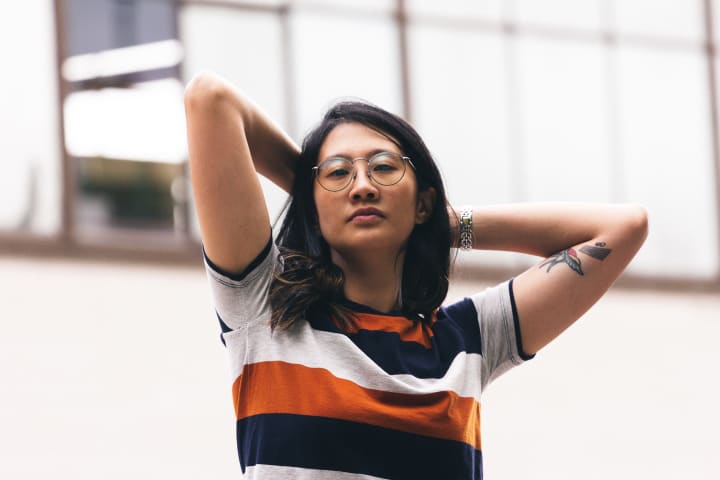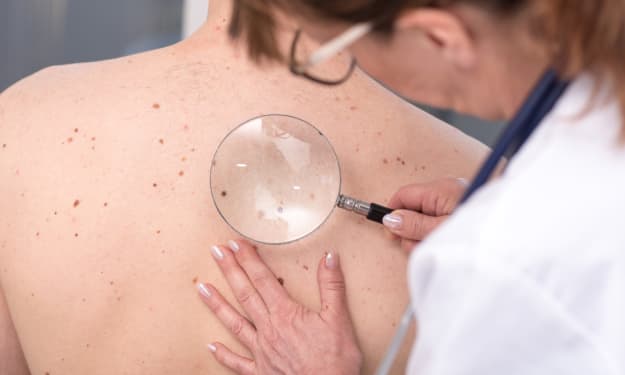
Got a tattoo, or thinking about getting your first piece of ink? It's common to ask yourself, "how long does it take for a tattoo to heal?".
You'll be surprised how much it varies. In most instances, tattoos take around 2-4 weeks to heal with consistent aftercare. However, this can be extended to 6 months, depending on various factors such as genetics, infections, etc.
Throughout this post, we'll discuss the tattoo healing stages and tips to speed up recovery.
Tattoo healing stages

The tattoo healing process passes through natural and necessary stages. There are four main stages in the healing process:
1. Redness & Oozing fluid
Your tattoo artist will bandage your tattoo. They'll inform you when to remove it, which might be anything from a few hours to a week.
After removing the bandage, you may see fluid leaking from your tattoo or that the surrounding skin is quite red. It's also usual to witness ink oozing from the tattoo, frequently referred to as "weeping." This will most likely last a week or so.
2. Regular itching
Wounds commonly itch as they heal; a tattoo is a wound. Your new tattoo will most likely itch and peel throughout the first and second weeks. Refrain from scratching it. In this stage, you should use a light moisturiser, as it'll help lower the itching sensation.
3. Skin peeling
Your tattoo will most likely begin to peel in the second, third, and fourth weeks. This skin is shedding as the body's normal reaction to what it perceives as harmful. The tattoo will not come off. It's simply a natural part of the process. In fact, it indicates that your tattoo is healing nicely.
4. Aftercare
In normal circumstances, your tattoo will be bright and totally healed after the first month. It's easy to forget about aftercare in the first few weeks, but it's critical to stick with it for several months. This will keep the tattoo clean and looking its best.
Does it take longer for certain tattoos to heal
Yes, various factors like size, type of ink, and location can play a role in how long the healing process will take. Before getting a tattoo, your tattoo artist should be able to recommend an "expected" healing time. Undoubtedly, this won't be definite, but it'll give you an idea of when to expect it to heal.
Do tattoos take longer to heal on some areas of the skin?
Above, we briefly mentioned that some skin locations could have longer healing times. This usually occurs in areas of the body that move or rub against other body components. The elbow, knee, and knuckles generally need a bit extra tender loving care for a quick healing process.
Again, this information can get supplied by your chosen tattoo artist. When you consult them, they should be able to provide an estimated healing time.
How to make your tattoo heal faster

Anyone with a tattoo wants it to heal quickly, but the truth is that it takes time and care, just like any other wound. You may, however, take a few steps to accelerate the healing process.
- Clean daily - You should clean your tattoo at least twice or three times a day with lukewarm, not hot, and sterile water.
- Don't re-bandage - Your tattoo needs to breathe. Therefore, it's best to avoid covering it once you've removed the initial bandage (the artist would often have wrapped it in transparent plastic or surgical wrap).
- Cover tattoo with clothing - Your tattoo may fade in the sun, and newly inked skin is particularly vulnerable to the sun's fading effects. Cover the tattoo with loose clothing when you are outside in the sun.
- Apply aftercare - Your artist will probably suggest using items containing vitamins A and D throughout the initial few days. After a few days, you can move to pure coconut oil or a lighter, fragrance-free aftercare moisturiser.
Signs your tattoo isn't healing properly
In some extreme circumstances, you might be worried or notice that your tattoo isn't healing properly. Typically, this doesn't often happen if you take the necessary aftercare tips and have a tattoo done by a professional. However, it isn't a 0% chance.
If you see the following signs, it could suggest that your tattoo isn't healing properly. When you experience these, seek professional help:
- Scarring: Your brand-new tattoo is regarded as an open sore. It will scab over naturally as a healing reaction, just like all wounds do. A healed tattoo shouldn't leave a scar.
- Redness: It's typical for your tattoo to be red and maybe even somewhat swollen in the first few days after your procedure. If the redness doesn't go away, it can indicate something isn't right.
- Oozing liquid: Visit your doctor if, after a week, fluid (particularly one that is green or yellowish) is flowing from your tattoo.
- Cold or chill: It's possible that your tattoo has become infected or that you are allergic to the ink if you have flu-like symptoms like a cold and chills. See your doctor straight away rather than seeing your tattoo artist again.
- Puffy or swollen skin: At first, the tattoo may appear slightly swollen, but this swelling should subside rapidly. There shouldn't be any inflammation on the skin around the tattoo. The presence of persistent puffiness may indicate an ink allergy.
- Continuous itchiness or hives: Consult your doctor if you get hives days or weeks after having a tattoo. Tattoos that itch a lot might be an allergy symptom. A tattoo allergy does not necessarily result in an instant reaction. After obtaining the tattoo, it may take several months or even years to occur.
Summary
After reading the above, you should better understand how long it takes for a tattoo to heal. Truthfully, it depends. However, it's between a few weeks to months.
If you're worried about the pain of getting a tattoo, then we recommend using a Tattoo Numbing Cream. Applying this numbing cream for tattoos can help alleviate some pain, allowing you to have a more comfortable experience in a tattoo parlour.





Comments
T.Arnold is not accepting comments at the moment
Want to show your support? Send them a one-off tip.